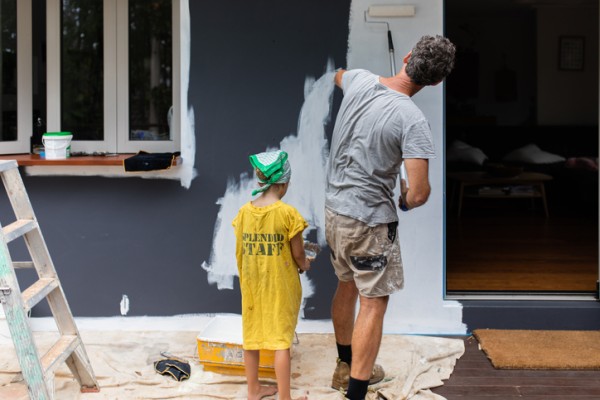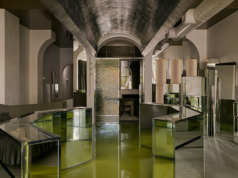
One of Europe’s leading voices on energy efficiency, Efficient Buildings Europe secretary general Adrian Joyce, has urged Australia to “stay the course” on accelerating home energy renovations to support electrification, protect vulnerable households and strengthen the resilience of the electricity grid.
Reflecting on his visit to Australia, where he delivered the keynote address at the Energy Efficiency Council’s Efficient, Electric Homes: Market Acceleration Summit, Adrian says it was clear that Australia is making meaningful progress despite significant headwinds. He encourages policymakers and industry to keep aiming high when setting renovation standards.
“It has taken tenacity, creativity and political courage to get the EU to where it is today. From what I’ve seen over the last week, Australia understands the policy needs and is well on its way to emulating our experience in Europe,” Adrian says.
The one-day summit explored how Australia can rapidly scale energy renovations across millions of existing homes so they become efficient, electric and powered by renewables, while also improving comfort, health and affordability. This work will be central to meeting national transition targets identified by the Energy Efficiency Council, which include electrifying 2.4 million homes and improving home energy performance by 25% by 2035.
“It is clear that the future of energy is electrification and the more we reduce energy consumption through energy efficiency, the easier and cheaper the transition will be,” Adrian says.
While experts and industry stakeholders recognise this, he notes that “now it’s time for the politicians to get on board”. He also reminded delegates that the benefits go far beyond emissions. Home energy upgrades are “pure common sense”, boosting property values, cutting bills and improving health outcomes, particularly for households most at risk.
Drawing on Europe’s experience, Adrian highlights several lessons Australia could adopt to design successful long-term renovation programs. These include stable, multi-year policy frameworks rather than annual budget cycles, limiting government incentive eligibility to certified installers to safeguard consumers and providing independent expert advice to simplify and streamline the process for home owners. He identifies Portugal’s network of 68 “one stop shops” which act as local hubs to guide home owners through upgrades in a climate similar to much of Australia.
During the summit, Energy Efficiency Council chief executive Luke Menzel launched the Efficient, Electric Homes: Market Acceleration Plan, which outlines how governments, industry and communities can work together to expand the market, build capability and accelerate deployment.
Luke says Adrian’s keynote underscored the importance of taking a nationally consistent approach.
“If we want every Australian to live in a healthy and comfortable home, we need to rapidly scale the market for efficient, electric homes not just in pockets but across the country,” Luke says. “The next five years are critical and the Homes Market Acceleration Plan gives Australia the roadmap to move faster, build capability and lift every household into the clean energy future together.”





